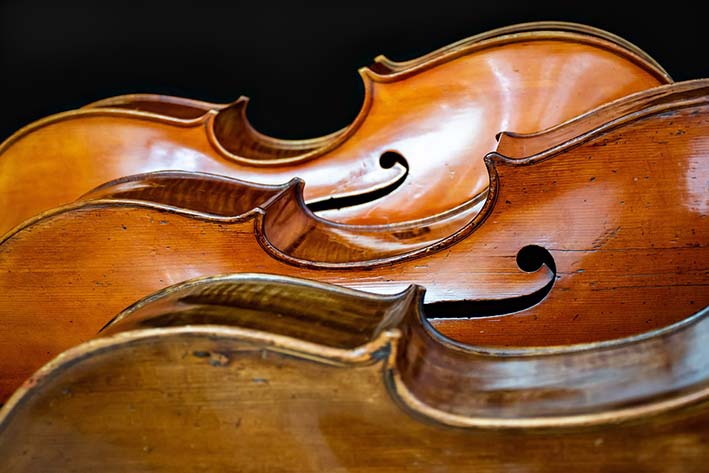Course Information
Course Description
This course is designed to develop learners' knowledge, understanding, and skills in various aspects of music. It encompasses in-depth subject content, independent thinking, application of knowledge to different contexts, critical evaluation of information sources, logical reasoning and argumentation, decision-making, and effective communication in English. Through this course, learners are encouraged to explore a wide range of musical styles and traditions, nurturing their musical skills, and fostering independence and critical thinking. It serves as a solid foundation for further study in music or related fields at the higher education level.
Course Objectives
The key objectives of this course are to:
- Cultivate an appreciation for music through active engagement in listening, composing, and performing activities.
- Develop aural appreciation of diverse music styles, genres, and traditions.
- Foster an informed and critical response to music, encouraging thoughtful analysis and interpretation.
- Enhance creative and interpretative skills through composition and performance in diverse traditions.
- Deepen understanding of music within its broader cultural context.
- Communicate understanding confidently, supporting judgements with evidence-based arguments.
- Develop the necessary skills and understanding for further study of music in higher education and lifelong learning.
Course Outline
The course covers a wide range of music, allowing learners to build upon their individual interests and explore connections between listening, composing, and performing. It emphasises the importance of attentive listening, purposeful composition, and confident performance. Learners are guided to develop their musical knowledge, skills, and understanding, both practically and theoretically. Throughout the course, analysis, evaluation, and presentation of work are encouraged, with a focus on practical and theoretical foundations. By actively engaging in listening, creating, performing, and expressing their understanding through academic writing, learners develop transferable skills that will benefit their future higher education pursuits and professional endeavours.
Student Acquisitions
By the end of the course, learners will:
- Have a deep appreciation for music, demonstrated through active listening, composition, and performance.
- Possess aural appreciation of diverse Western and non-Western music styles, genres, and traditions.
- Demonstrate an informed critical response to music, reflecting thoughtful analysis and interpretation.
- Exhibit creative and interpretative skills through composition and performance in various traditions.
- Demonstrate an enriched understanding of music within its broader cultural context.
- Communicate their understanding confidently, supporting their judgements with evidence-based arguments.
- Develop the necessary skills and understanding to pursue further studies in music at the higher education level or engage with music as lifelong learners.
Learning Methodologies
The course employs a variety of learning methodologies to facilitate learners' musical development and understanding. These include:
- Engaging in active listening, composition, and performance activities.
- Analysing and evaluating music in both practical and theoretical contexts.
- Presenting work that integrates practical and theoretical understanding.
- Encouraging independent thinking and critical analysis.
- Fostering effective communication skills through academic writing.
- Emphasising the importance of attentive listening, purposeful composition, and confident performance.





